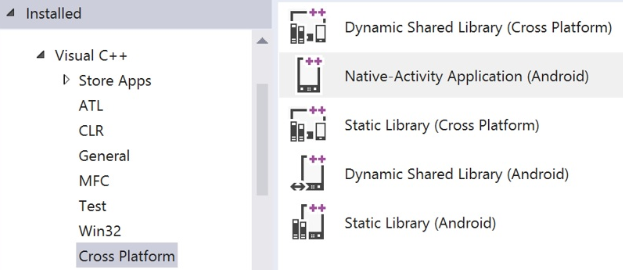A Video Interview with C++ Author John Lakos

A Video Interview with C++ Author John Lakos
John Lakos, author of Large-Scale C++ LiveLessons (Workshop): Applied Hierarchical Reuse Using Bloomberg's Foundation Libraries and senior software architect at Bloomberg, talks with Brian Overland about applied hierarchical reuse, the problem with undefined behavior, the use of macros in C++, the importance of using the right tool for the job, and the challenge of getting people to do things your way.

 More support for creating all-C++ Android applications:
More support for creating all-C++ Android applications: Bartlomiej Filipek shares with us five algorithms using the C++ STD:
Bartlomiej Filipek shares with us five algorithms using the C++ STD: Small video tutorial published on InformIT about how to start a thread
Small video tutorial published on InformIT about how to start a thread 

 Overload 124 is now available. It contains the following C++-related articles, and more:
Overload 124 is now available. It contains the following C++-related articles, and more: